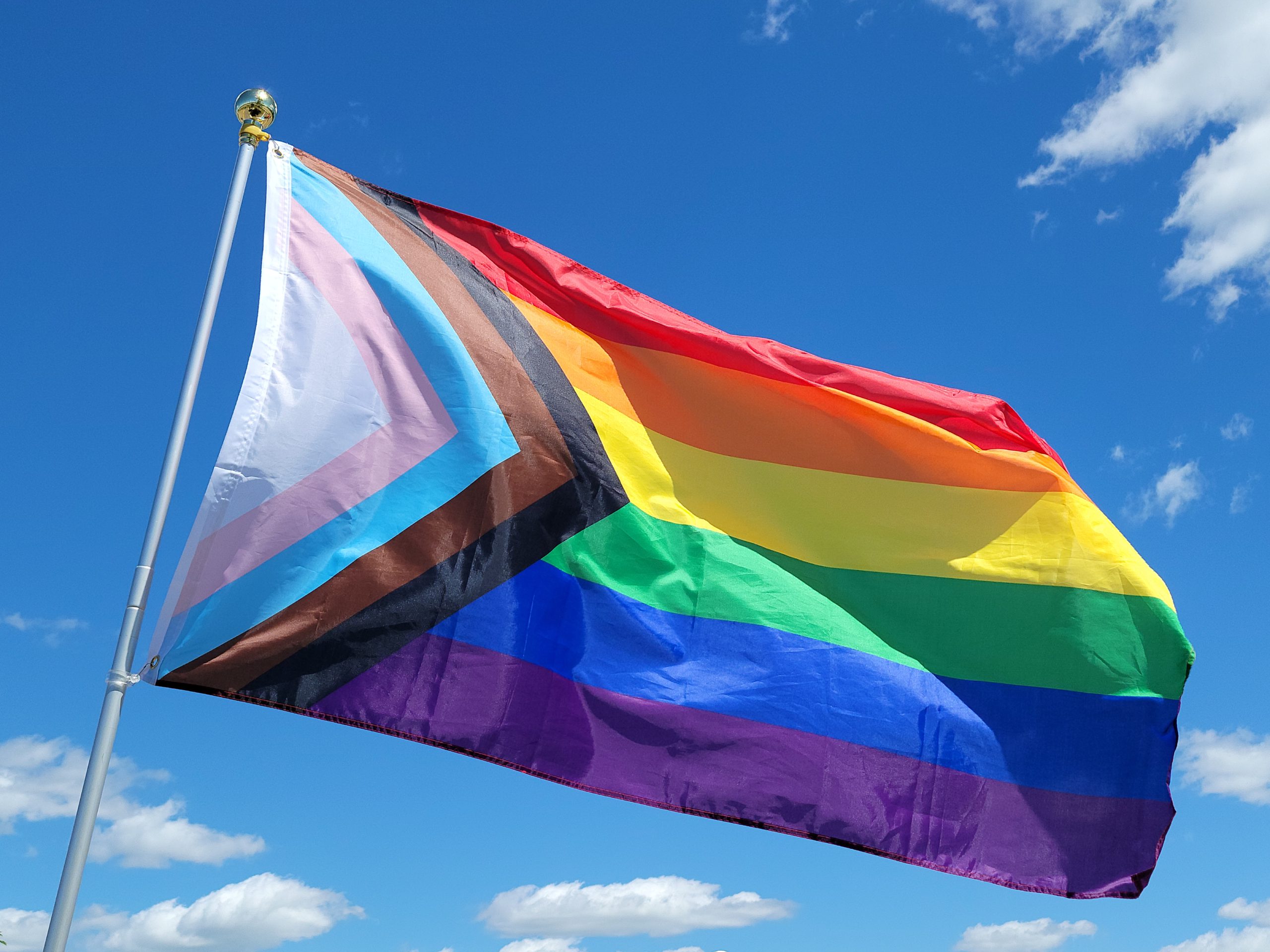Mental health concerns affecting the 2SLGBTQ+ range from the availability of a counsellor to dealing with isolation as a minority.
Marcus Cheung, manager of counselling initiatives at the Calgary Counselling Centre in addressing availability looks at the challenge in accessing counselling and finding mental health support in rural communities.
“There might be a lack of services in rural communities and there may not be specific services that may be able to address their needs as well.”
The Calgary Counselling Centre offers an online option via Counselling Alberta.
Cheung says it comes down to the support systems that someone in the 2SLGBTQ+ community has available to manage their stress, whether it’s friends, family, or co-workers, as they face a waitlist to access the help they need.
Another issue has to do with the isolation that is experienced by being a minority and being socially marginalized.
Cheung says the experiences of minorities are not well-heard or understood. In dealing with issues surrounding stigma, the counsellor sees progress.
“We have come very far in addressing some of those stigmas and misunderstandings, but there is more room for us to improve.”
Cheung notes there are some unique stressors that people in the 2SLGBTQ+ community experience that go beyond just stress, depression and anxiety.
Regarding community support, Cheung says to “be open about topics, be curious about their experiences, taking away our own biases and assumptions is key.” He adds though to have respect for boundaries. Even though you express a willingness to know about someone’s experiences, that must be without judgment or being invasive.
Finally, Cheung stresses using the correct language and pronouns by which a person wishes to be identified.




